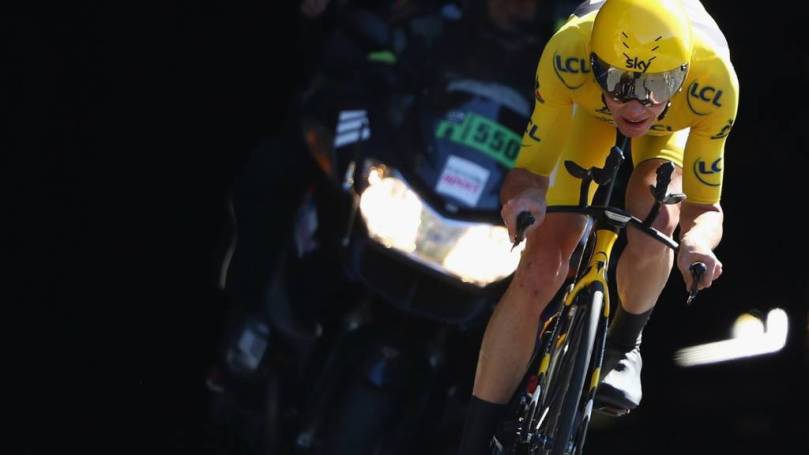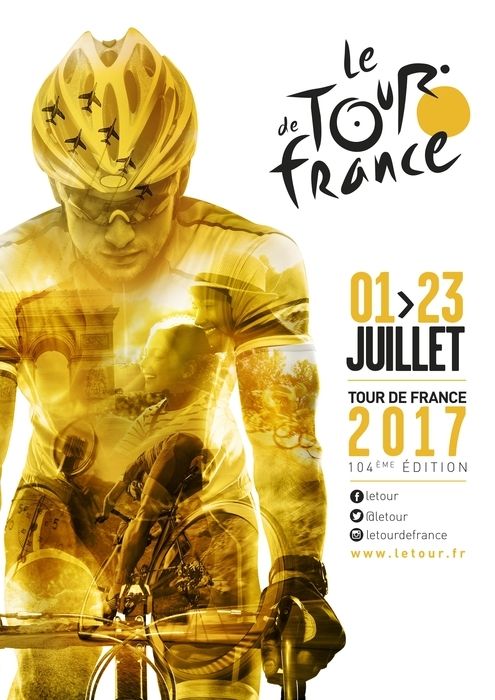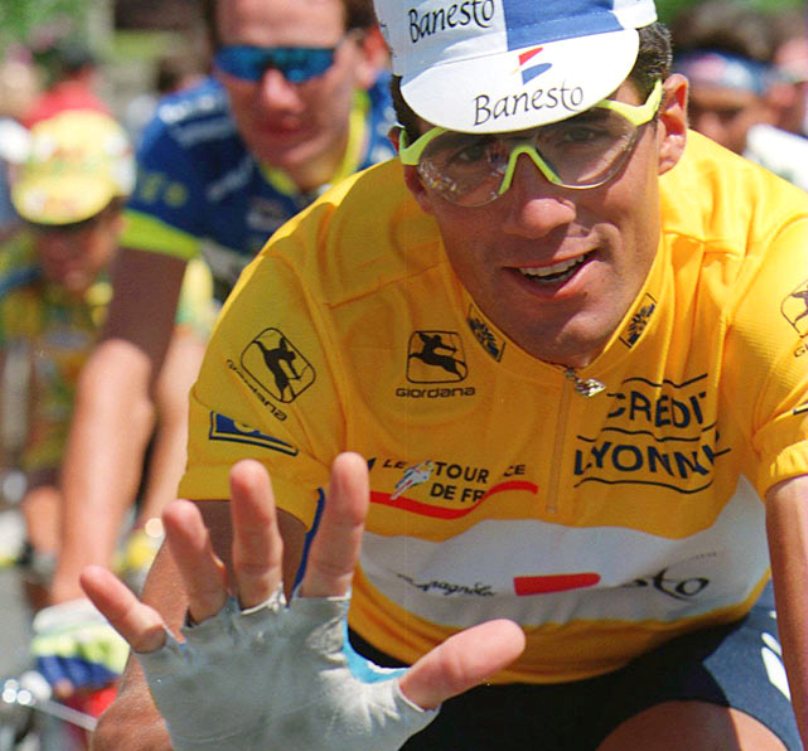
Britain’s Chris Froome will begin his bid for a fourth Tour de France title when the 114th edition of the world’s greatest cycle race begins in Duesseldorf on Saturday.
Here, AFP Sport looks at five crucial elements needed to win the coveted yellow jersey:
– Climbing legs
To win the Tour you have to be a top class climber, there is no way around it. This year’s edition includes five mountain stages, three medium-mountain stages and five summit finishes. The Tour will pass through all five of France’s mountain ranges as giants such as the Galibier, Izoard, Col de la Croix de Fer and Col de Vars will be crested. The last time a non-climber won the Tour was Spaniard Miguel Indurain in 1995, but even then he was certainly not a weak climber and the time-trial specialist had more than 100km of individual races against the clock to defeat the opposition in those days.
– Team strength
Cycling is an individual sport based around team-work. No matter how good a cyclist is, if he doesn’t have a strong team, he won’t be able to win the Tour. Last year, Froome’s Sky team was so strong they managed to nullify anyone else’s hopes of attacking the reigning champion by setting a fierce pace that left the others simply struggling to keep up. Team-mates are there to protect a rider from the elements, from hazards and even to hand him water bottles and food. They can also take away some of the burden in terms of setting tempo, chasing down attacks, showing the line on a tricky descent and even providing a boost to morale.

– Tactical nous
There are many pitfalls along the way to a Tour victory, in fact it is typically said that riders can lose the Tour on any stage but not win it. And to avoid losing the Tour, a rider needs tactical acumen. That means being able to read the race around him, knowing when to attack, when to defend, when to use his team-mates and where to position himself in the peloton. Last year, Froome took time out of his rivals in the most unlikely of places, making one daring attack on a fast descent, and taking advantage of cross-winds to gain more time. That put his rivals like Nairo Quintana on the defence right from the get-go, and they never recovered.
– Time-trialling ability
There may be less and less time-trial kilometres compared to years gone by but nonetheless, riders need to be good against the clock. This year there are two time-trials totalling just 36.5km, That’s 1km less than last year when Froome took a couple of minutes out of his main rivals and then never looked back. This edition begins with a 14km time-trial while the crucial penultimate stage before the final procession to Paris is a 22.5km race against the clock in Marseille. Those two come at pivotal times — the first offering the chance to strike an early psychological blow while the race victory will likely be decided in Marseille.
– Daring
The Tour is a long race of around 3,500km with many pitfalls along the way. Recent years have shown that a conservative approach doesn’t yeld dividends. Last year Froome made significant gains by attacking in difficult conditions, on a rapid descent and in hazardous cross-winds. Vincenzo Nibali did likewise in 2014 when gaining time on another daring downhill attack and then riding a cobbled stage brilliantly to decimate the competition. Quintana has been criticised in recent years for riding too pragmatically, leaving his charge for victory until too late. He who dares wins and the Tour winner this year will have to be prepared to put himself in the red at some point, whether on a tough ascent, breakneck descent or by siezing an unexpected opportunity.
– Agence France-Presse


































